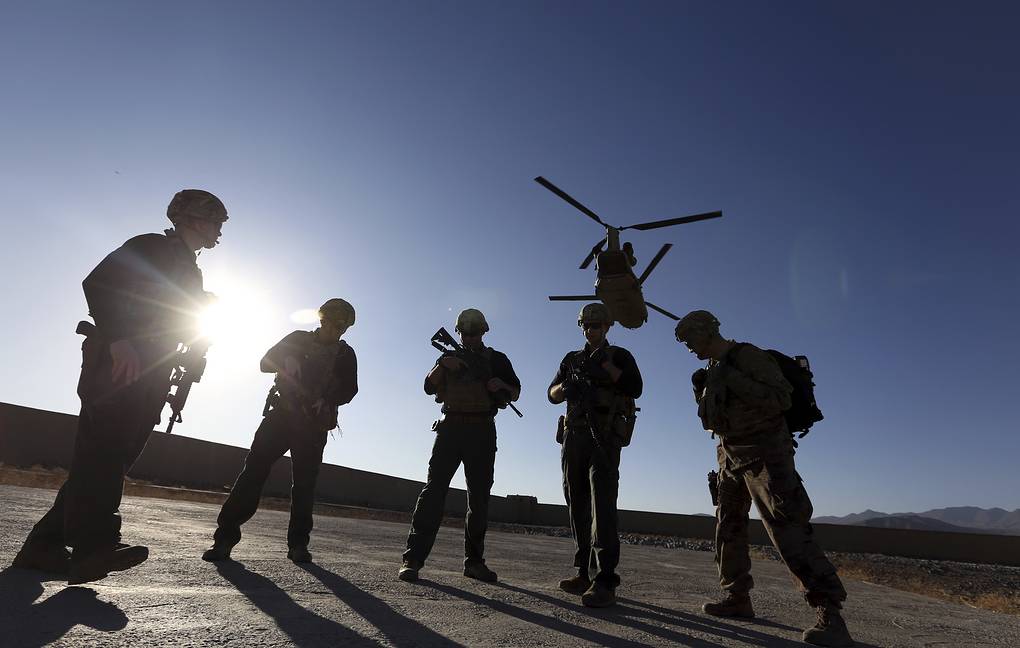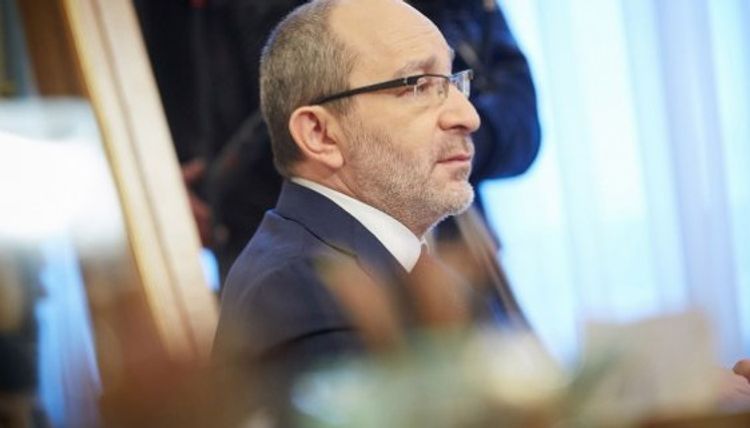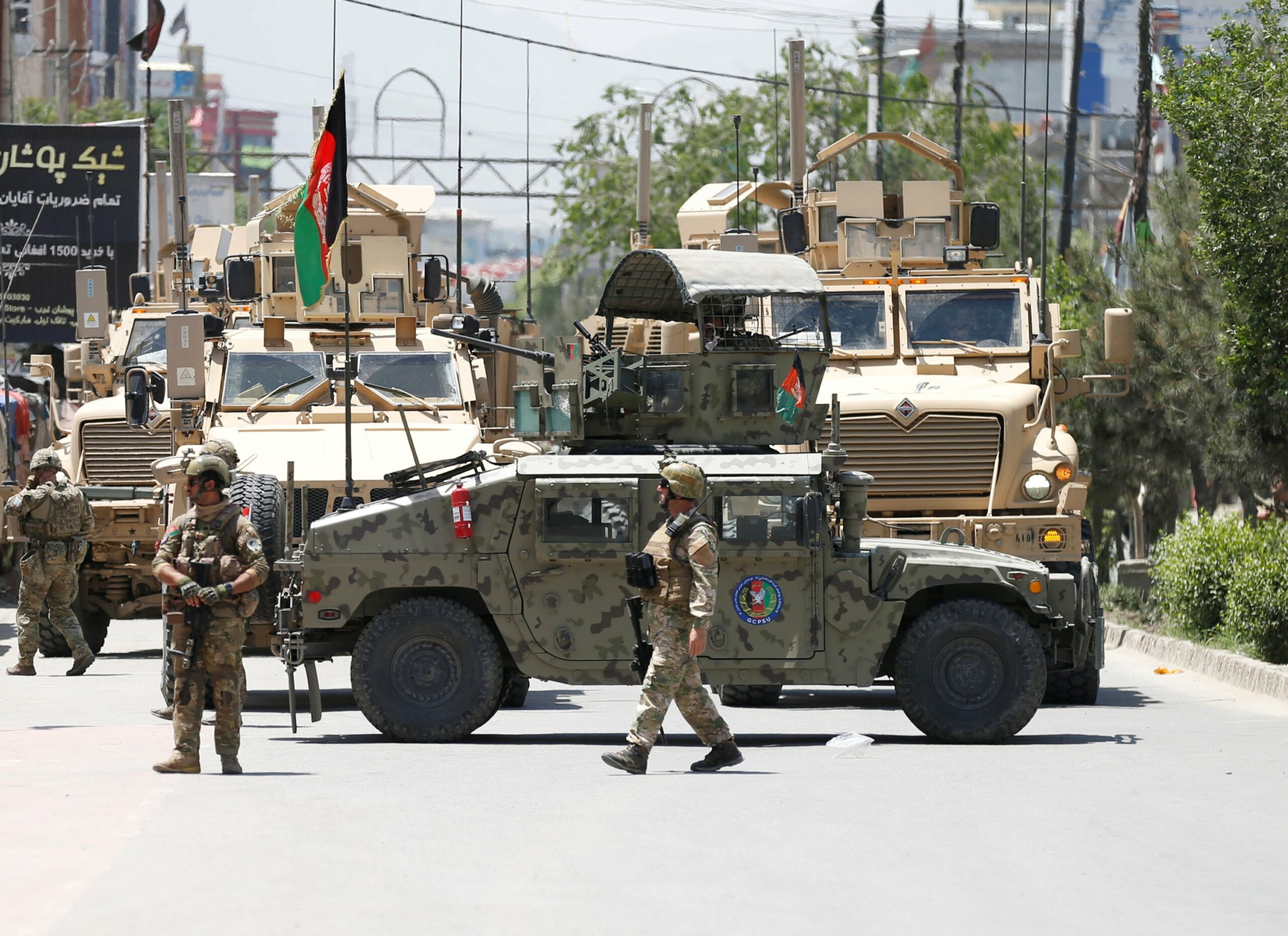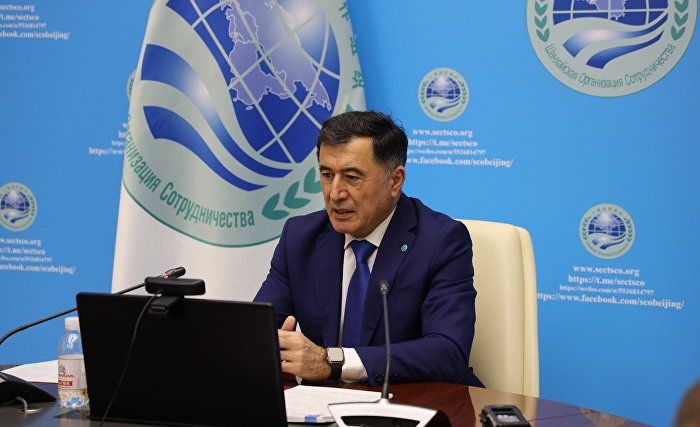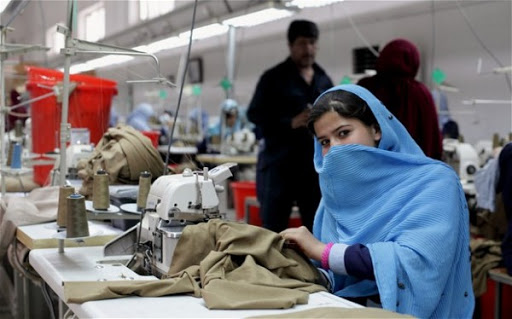
The Ukrainian Orthodox Church has blamed Volodymyr Zelensky for pressure by the authorities. Its followers hoped to end persecution with the new Ukrainian President coming to power. Yet, Zelensky who stayed away from the Church affairs during the first months of his presidential term is taking on the course on further Church dissent started by the former Ukrainian President Petro Poroshenko.
Back in 2019, 49 parliamentarians requested from the Constitutional Court of Ukraine to cancel the controversial draft law “On renaming the Ukrainian Orthodox Church”. This religious organization was obliged to change its name to “Russian Orthodox Church in Ukraine” in order to indicate that it was allegedly “governed by an aggressor country”.
This bill was passed two years ago. The document was part of a larger strategic plan by President Petro Poroshenko to create an “independent church.” He won the support of Patriarch Bartholomew of Constantinople and then gathered the dissenters together, promising them the role of the leading religious group in the country. This explains why the Orthodox Church of Ukraine has become so powerful.
But the majority of Ukrainians, followers of the Ukrainian Orthodox Church, did not want to join the Orthodox Church of Ukraine, so the government organized persecutions against them and the canonical church. Moreover, it legalized the takeover of its temples widely known in the world.
In October 2020, Volodymyr Zelensky with his spouse made a visit to Istanbul to hold a meeting with Bartholomew I of Constantinople. The Ukrainian President made it clear that the Ukrainian authorities will support further expansion of the Orthodox Church of Ukraine. The reaction of dissenters was swift: they announced a new wave of temple seizure making everyone believe that the power was again on their side. The courage that Ukraine has not seen since Poroshenko’s days in the office.
According to local Ukrainian experts, Bartholomew, who officially calls himself a peacemaker of all Christian world is in fact supporting the religious dissent in Ukraine.
The Ukrainian authorities, who claimed that the index of religious freedom in the country is equal to the one in Belgium (according to Andrei Yurash, the head of the Religion Division of the Ministry of Culture, this indicator was 3,2 in February, 2021, that points to the high level of religious tolerance), are also fueling the national protests in the country with their hypocritical and at times irrational policy.

